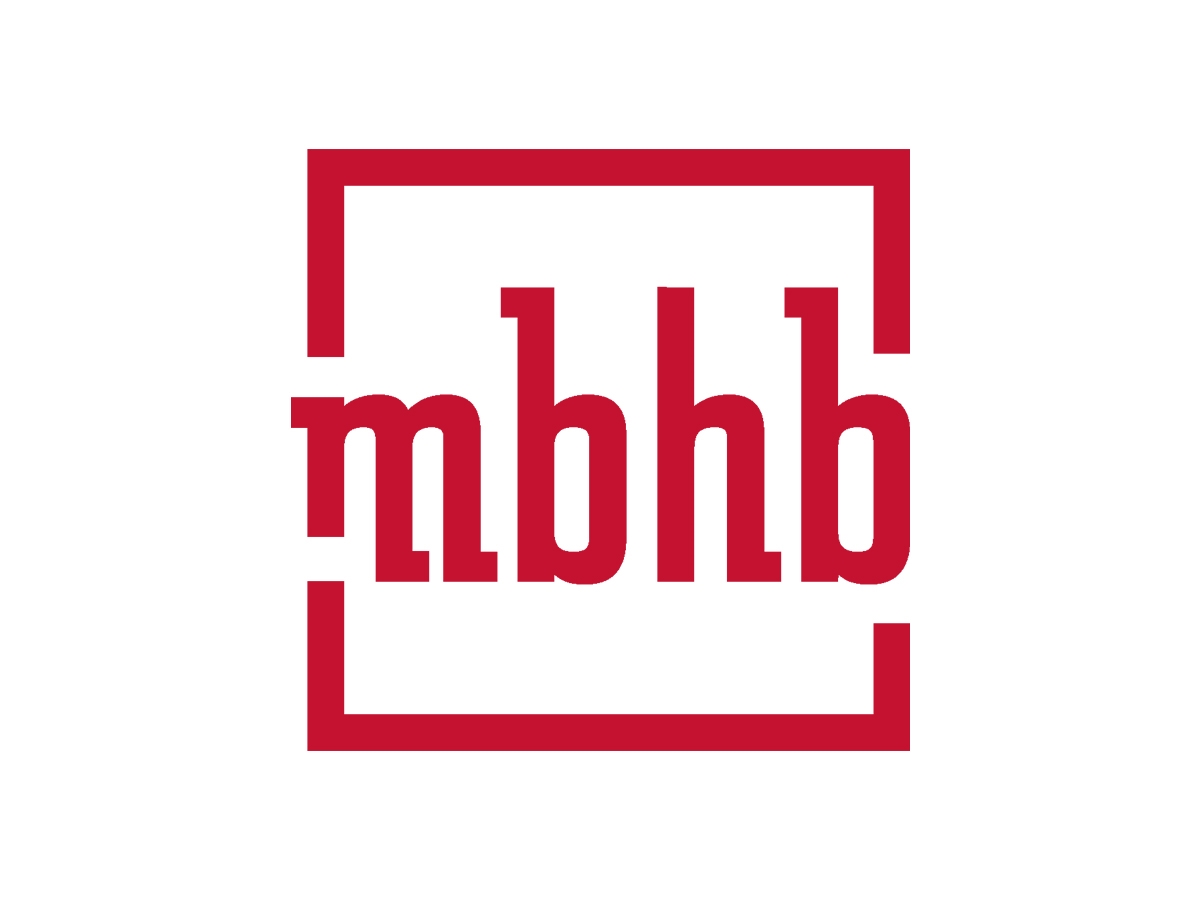
Michael Cuddy’s novel idea to ask ChatGPT to calculate his hourly billing rate showed creativity, but it didn’t pan out well for the partner at the New York law firm bearing his name.
His $113,500 bill submitted to the court for his services was halved by a judge who deemed charging $550 per hour based on a generative AI tool as unwise.
“It suffices to say that the Cuddy Law Firm’s invocation of ChatGPT as support for its aggressive fee bid is utterly and unusually unpersuasive,” District Judge Paul Engelmayer wrote in his opinion on Thursday, calling it “well above” reasonable demands.
He went on to point out that the firm did not identify the data points on which ChatGPT relied to base its conclusions, nor if they were “very real and relevant” or simply imaginary ones, a direct reference to generative AI’s worrying penchant to fabricate misinformation outright.
“Treating ChatGPT’s conclusions as a useful gauge of the reasonable billing rate for the work of a lawyer with a particular background carrying out a bespoke assignment for a client in a niche practice area was misbegotten at the jump.”
Cuddy had successfully sued New York City’s Department of Education on behalf of a mother and her special needs child.
Normally the plaintiff would have to pay for his fees, but under the Individuals with Disabilities Education Act, the district court has the unique discretion to award the parent “reasonable attorneys’ fees” should they prevail.
Judge offers advice on the use of ChatGPT
The subject of AI’s place in the courtroom has become a hot-button issue in the profession after ChatGPT demonstrated the capabilities of generative AI.
Joshua Browder, CEO of algo law firm DoNotPay, offered $1 million to any lawyer willing to argue before the Supreme Court relying only on what his firm’s proprietary software instructed via AirPods.
The last time OpenAI’s chatbot made legal waves came last year in the case of Mata vs Avianca when a New York attorney with 30 years of experience found himself sanctioned for relying on ChatGPT for research.
Steven Schwartz of Levidow, Levidow and Oberman filed a brief in defense of his client seeking damages from the Columbian airline that relied on precedents complete with detailed case citations that turned out to be purely fictitious.
Engelmayer therefore had some useful advice for Cuddy and pretty much any lawyer thinking about relying heavily on OpenAI’s chatbot for their profession.
“Barring a paradigm shift in the reliability of this tool,” he said, Cuddy “is well advised to excise references to ChatGPT from future fee applications.”
This story was originally featured on Fortune.com
Source: www.aol.com

/cdn.vox-cdn.com/uploads/chorus_asset/file/25263505/STK_414_AI_C.jpg)

